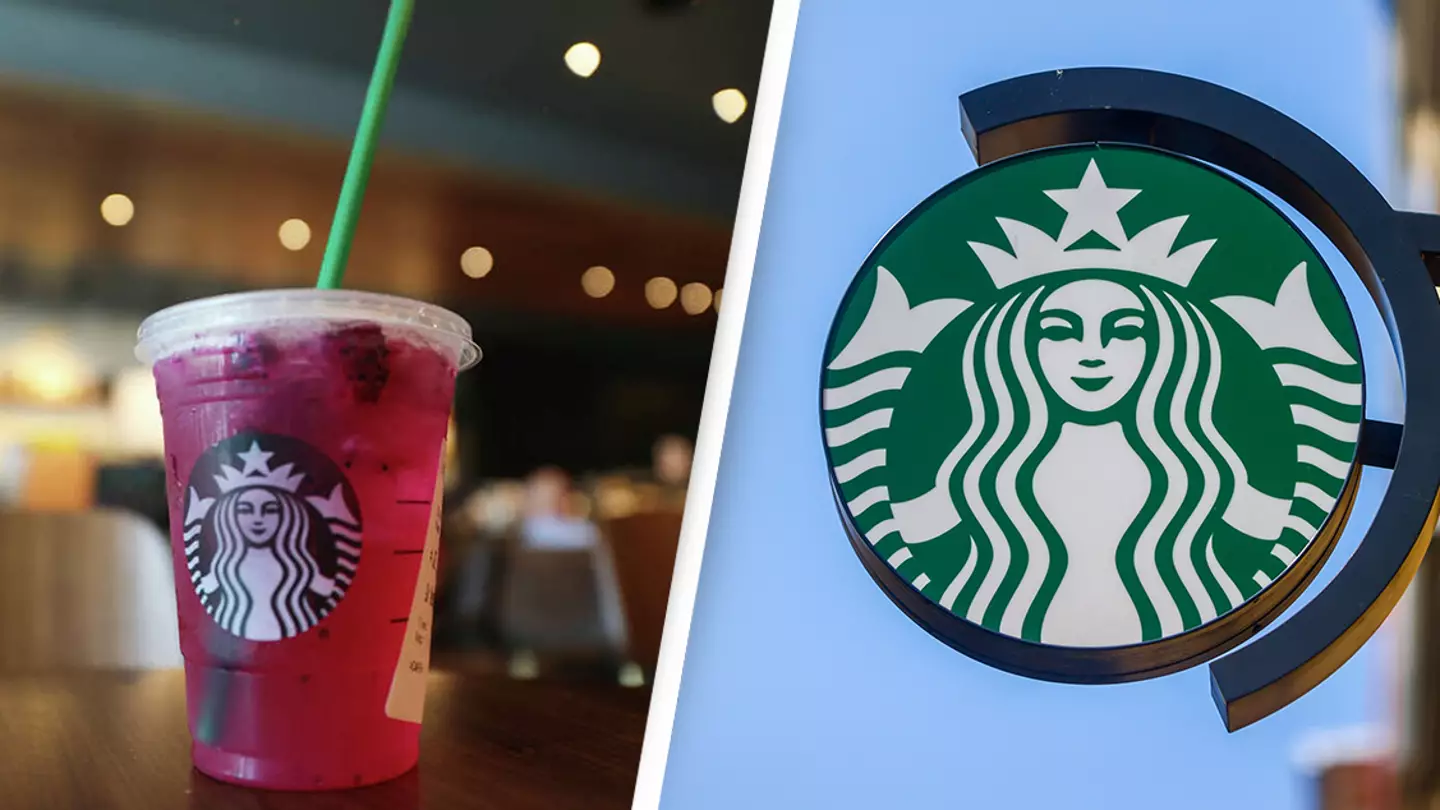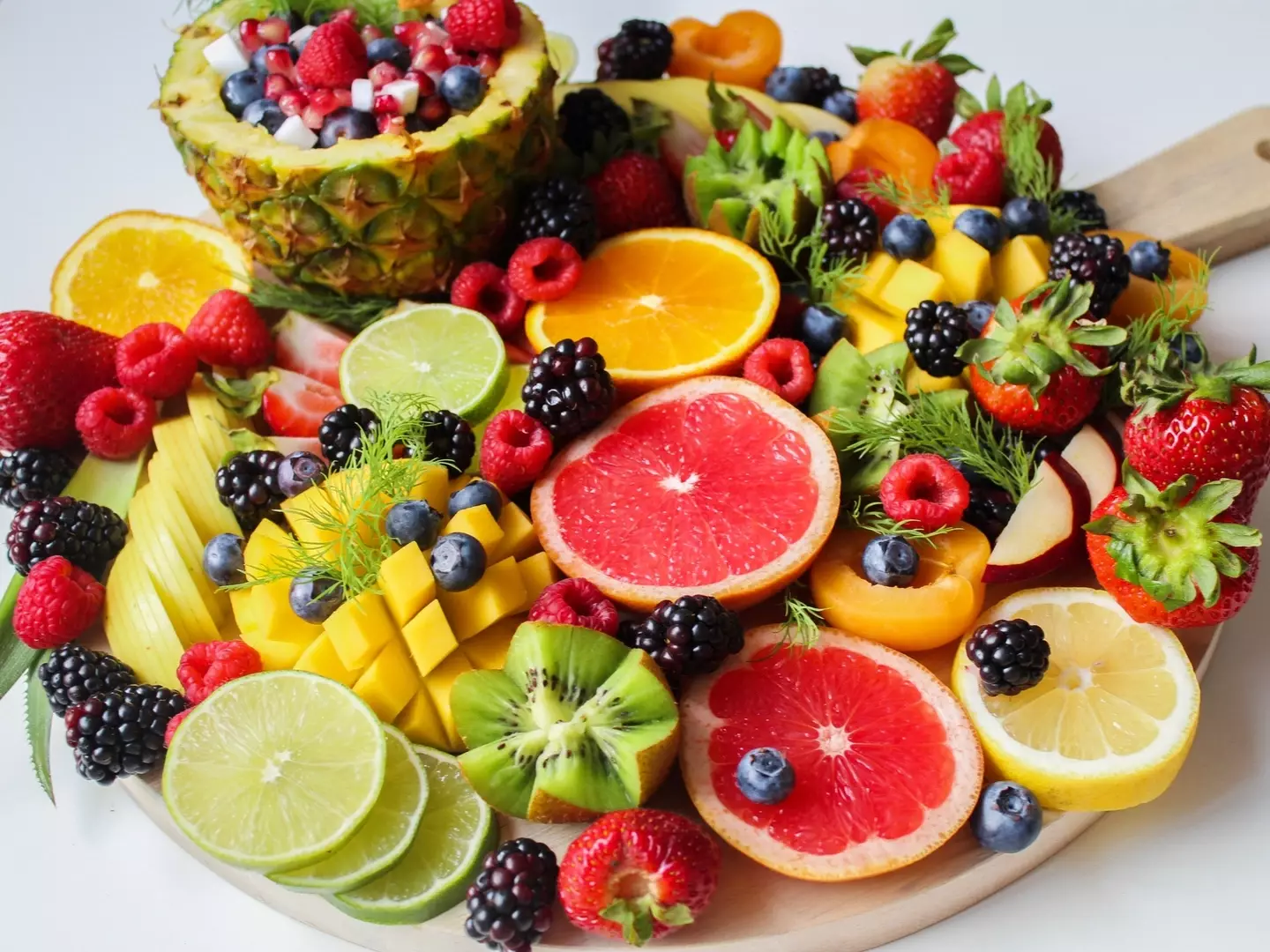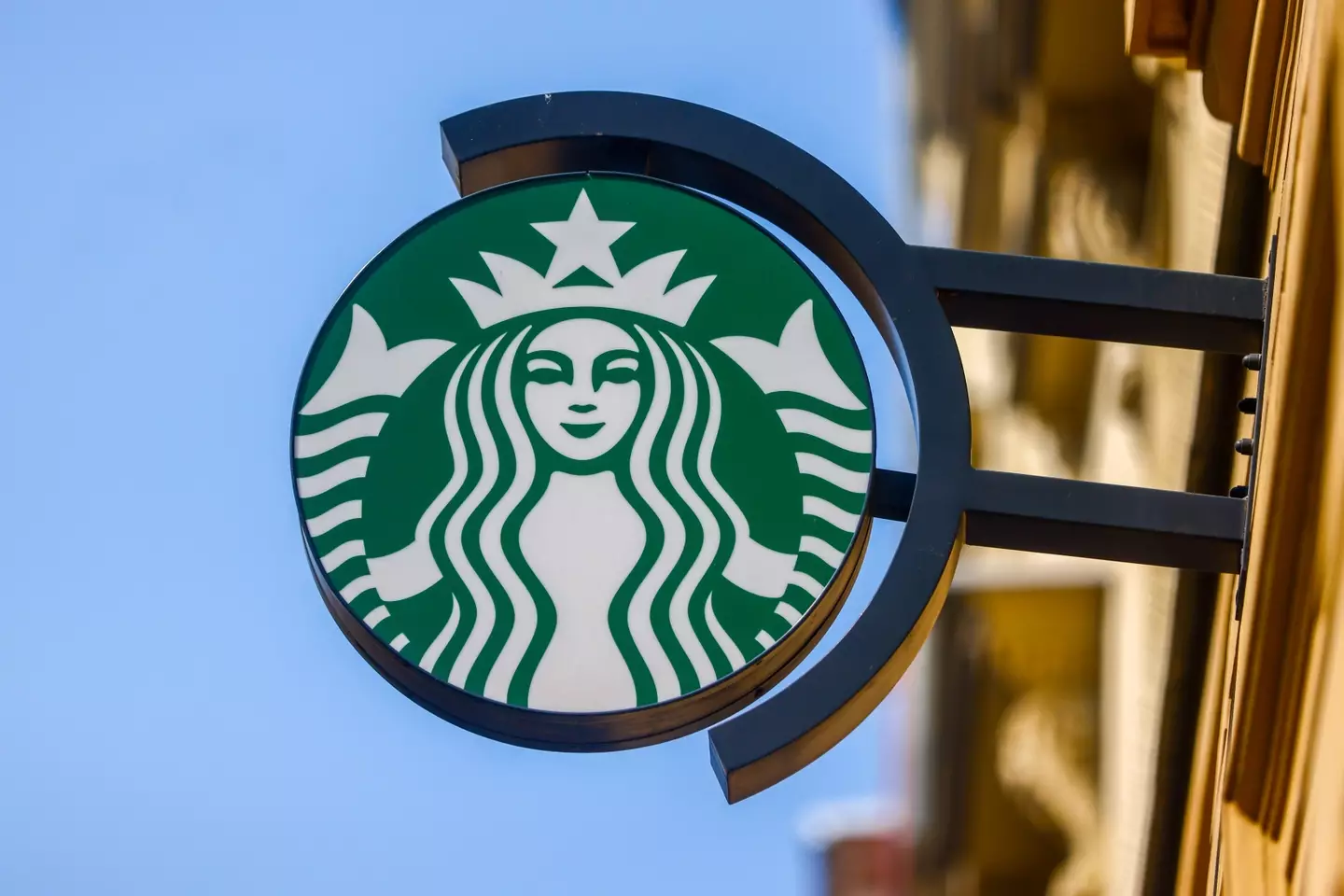
Topics: Food and Drink, US News, Starbucks

Topics: Food and Drink, US News, Starbucks
Starbucks was ordered by a federal judge on Monday to address a lawsuit that claimed its Refresher fruit brand drinks do not contain any fruit.
The coffee company had initially attempted to have nine of the 11 lawsuit claims dismissed but Manhattan U.S. District Judge John Cronan claimed that 'a significant portion of reasonable consumers' would expect their drinks to contain the fruit mentioned in the name.
The two plaintiffs, Joan Kominis of Astoria, New York, and Jason McAllister of Fairfield, California, highlighted the ingredients of the drinks on the Refresher menu and the drink names they took particular issue with.

Advert
The pair complained that Starbucks' Mango Dragonfruit, Mango Dragonfruit Lemonade, Pineapple Passionfruit, Pineapple Passionfruit Lemonade, Strawberry Açai and Strawberry Açai Lemonade Refreshers did not contain mango, passion fruit or açai.
In the filed lawsuit, Kominis and McAllister said the main ingredients of the drinks were water, grape juice concentrate and sugar. They added the names were misleading, caused them to be overcharged and allegedly violated their states’ consumer protection laws.
In its attempt to dismiss the lawsuit, Starbucks argued that its drink names described the flavours rather than its actual ingredients.
The company also claimed that reasonable consumers would not be confused by this system and the baristas could have 'sufficiently dispelled' any confusion.
Judge Cronan did not appear to be won over and said that 'nothing before the court indicates ‘mango’, ‘passionfruit,’ and 'açai' are terms that typically are understood to represent a flavor without also representing that ingredient'.

The judge also said some consumers could expect the Refresher drinks to contain the fruit mentioned in its names due to other products Starbucks produces. He said the Ice Matcha Tea Latte contains matcha and Honey Citrus Mint Tea contains honey and mint.
The judge did dismiss two of the total 11 claims. The first of the two dismissed claims, the judge said there was no proof to suggest Starbucks intended to defraud its customers. The second dismissed claim was for this strategy being an unjust enrichment claim.
Starbucks has since released a statement and said it looked forward to defending itself against the lawsuit which the company called 'inaccurate and without merit'.
Earlier this month Harvard Law professor Louis Tompros highlighted the importance of court cases like these and insisted they force companies to ensure advertising is 'honest'.
Speaking in a Harvard Law Today article, Tompros was asked to comment on an ongoing court case Burger King faces over its advertisement for the signature Whopper burger. The lawsuit claims that the burger is 35 smaller than its ad would suggest and is therefore misleading.
“It’s a very interesting case and falls into a general category of false advertising class actions,” he said, commenting on the Burger King lawsuit.
“Sometimes, consumer product class action cases serve an important purpose to keep advertising honest. Other times, the cases are a little bit more opportunistic, and have more to do with going after big pockets.”